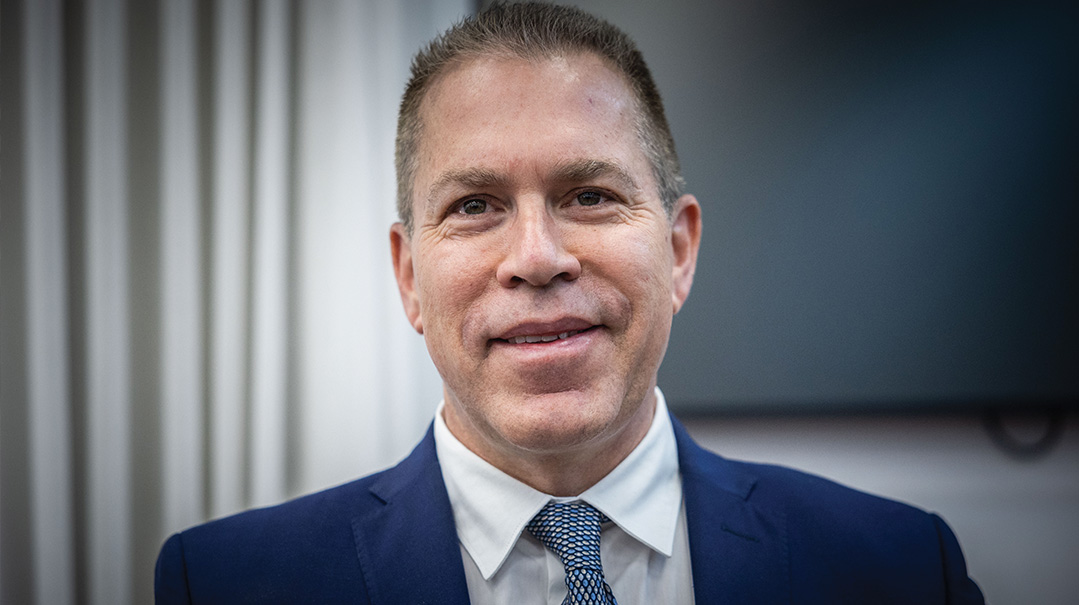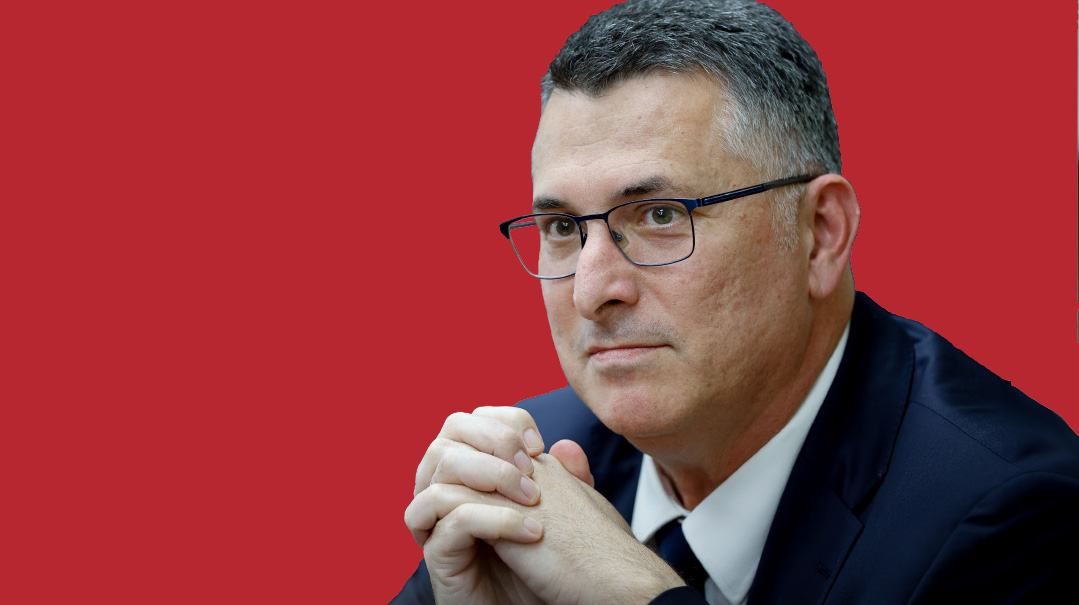A Few Minutes with… Gad Barzilai

Legal expert Gad Barzilai on Bibi's upcoming trial

The trial of the century, at least as far as Israel is concerned, begins next Wednesday in a Jerusalem district court. A panel of three judges will hear opening arguments in three separate cases against Prime Minister Binyamin Netanyahu that include charges of bribery and breach of trust. What can we expect to see on opening day? How will the trial unfold? And what political twists and turns might affect the proceedings? To answer those questions, I spoke with Professor Gad Barzilai, formerly the dean and vice provost of the University of Haifa Faculty of Law, and a seasoned litigator early in his legal career.
Professor Barzilai, can you walk us through the opening day of the trial and give us a preview of what we might expect?
First of all, and obviously, the way it’s going to work is partly contingent on political developments. Netanyahu does not have a majority to pass a law granting him immunity, nor does he have sufficient support to pass what’s called the French Law, which is a stipulation in the French constitution that allows immunity for the head of government. But there are many political contingencies here. This is an unusual criminal procedure. The trial will open March 17, when the head of the bench is going to read the accusations, and the defendant, Mr. Netanyahu, will either admit to or deny the charges against him.
So the prime minister must appear in person on opening day?
He has to be there, and it’s going to be quite an event.
Once the charges are read and the prime minister enters his plea, when do we get to the substance of the trial?
The substance probably won’t unfold until September 2020, when the witnesses will be called and be examined.
Why is there a large gap of six months?
There are always time discrepancies in any criminal proceeding before the trial progresses to a more substantial stage, and even more so in a case involving a prime minister. In this particular case, about 300 witnesses will be called. And even once you have a verdict, meaning either a conviction or exoneration in the district court, either side, the prosecution or the defense, has the right to appeal to the High Court. This entire case will take five years before it’s resolved.
What do the lawyers and judges do during this time?
First of all, we are talking about thousands of documents that need to be reviewed. This a huge overload. And the witnesses are very significant players. I call them “sharks.” [The two main state witnesses are Ari Harow, Bibi’s former chief of staff, and Nir Hefetz, a former top media advisor to the Netanyahu family.] This is not a normal trial. It takes a lot of time to present and review all of the documents, question and cross-examine all of the witnesses, and the judges have to study all of these thousands of pages and listen to the testimony.
There have been several mentions in the media that one of the judges who will preside over the case, Judge Rivka Friedman-Feldman, is the same judge who presided over the trial of former prime minister Ehud Olmert, which ended in his conviction on bribery charges. The inference is that she may have a bias in favor of the prosecution. Do you see this as being a factor in Netanyahu’s trial, or is it irrelevant?
The judicial background of each one of the judges may have some ramifications on what’s going to happen in the courtroom. Notwithstanding that, their verdict will be based on the documentation and the testimonies and cross-examinations of the witnesses. So I don’t think one can make a prediction based on a judge’s judicial record. It may add some very limited ramifications once the trial is progressing toward a verdict and sentencing, but we are very far from that stage. It’s a matter of a few years, and if Netanyahu is not going to be the next prime minister, you will see a significant change in the plot. This is an unfolding play, and I don’t think someone can responsibly, or competently, say what will happen.
How does the outcome hinge on whether Netanyahu remains prime minister?
This is a very important caveat. If Netanyahu is the next prime minister, and right now, he doesn’t have a majority, then my guess is Netanyahu’s lawyers will ask for some kind of a plea bargain. One of the virtues of plea bargaining is it saves a lot of time, but once you do so, then you no longer have the right to appeal. It’s a very serious shortcut in the process, but all of that will be utterly contingent upon political developments. But it is definitely part of the scenario.
(Originally featured in Mishpacha, Issue 802)
Oops! We could not locate your form.













